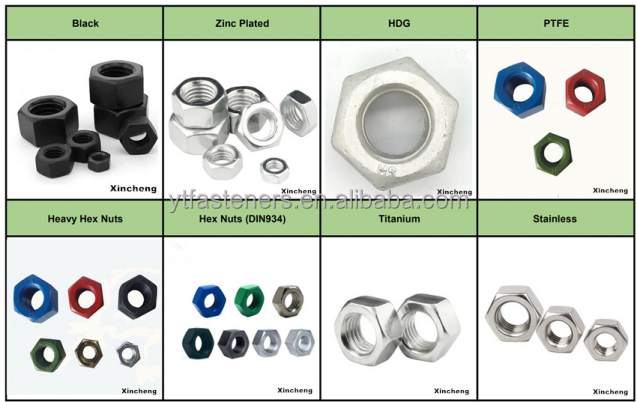Říj . 22, 2024 01:03 Back to list
Different Types of Bolt Metals and Their Applications in Engineering
Understanding Bolt Metal Types A Comprehensive Guide
When it comes to construction, manufacturing, or general engineering, the importance of selecting the right bolt cannot be overstated. Bolts play a crucial role in fastening components together, and their effectiveness largely depends on the type of metal from which they are made. The choice of bolt metal can impact durability, corrosion resistance, strength, and overall performance in various applications. In this article, we will explore the different types of metals used for bolts, focusing on their unique properties and suitable applications.
1. Carbon Steel Bolts
Carbon steel is one of the most commonly used materials for bolts. It is an alloy made primarily of iron and carbon, which imparts increased tensile strength. Carbon steel bolts can vary in strength depending on the carbon content, typically categorized as low, medium, or high carbon steel. Low carbon steel bolts are more ductile but less strong, while high carbon steel bolts offer greater strength but can be more brittle. These bolts are suitable for a variety of general-purpose applications but may require protective coatings, such as zinc plating, to prevent rust.
2. Stainless Steel Bolts
Stainless steel bolts are known for their excellent corrosion resistance, making them ideal for applications in moist or corrosive environments. The primary alloying element in stainless steel is chromium, which forms a protective oxide layer on the surface, preventing rust and deterioration. Stainless steel bolts come in various grades, the most common being 304 and 316. Grade 304 is versatile and resistant to a wide range of chemicals, while grade 316 contains molybdenum, enhancing its resistance to chloride environments—making it suitable for marine applications. However, stainless steel bolts are generally more expensive than their carbon steel counterparts.
Alloy steel bolts are manufactured from steel that has been alloyed with other elements like manganese, nickel, or chromium to enhance specific properties. These bolts are known for their high strength and toughness, making them ideal for high-stress applications, such as in the automotive and aerospace industries. Alloy steel bolts can also be heat-treated to further increase their strength. However, they may require coatings to prevent corrosion, as they are more prone to rust than stainless steel bolts.
bolt metal types

4. Titanium Bolts
Titanium bolts are a premium choice known for their exceptional strength-to-weight ratio and resistance to corrosion. While more expensive than other bolt materials, titanium is often used in high-performance applications, such as in the aerospace industry and sporting equipment where weight savings are essential. Titanium bolts are non-magnetic, heat-resistant, and maintain performance in extreme temperatures, making them suitable for environments where other metals may fail.
5. Brass and Bronze Bolts
Brass and bronze bolts are primarily used in applications where corrosion resistance and aesthetic appearance are important. Brass, an alloy of copper and zinc, is known for its low friction and excellent machinability, making it ideal for applications requiring precision. Bronze, which is primarily copper with tin or other elements, offers superior corrosion resistance and is often used in marine environments. While not as strong as steel bolts, brass and bronze bolts are crucial in specific contexts, particularly where electrical conductivity is needed.
6. Specialty Metals
In specific industries, specialty metals such as Inconel, Monel, or Hastelloy are used for bolts where extreme temperature and corrosive conditions are present. These materials are highly resistant to both oxidation and corrosion, which makes them suitable for applications in the chemical processing, aerospace, and nuclear sectors. Despite their high cost, the performance benefits in critical environments justify their use.
Conclusion
Choosing the right bolt metal type is essential for the success of any project. Whether it’s ensuring structural integrity in construction or providing reliable fastening in machinery, understanding the properties of different bolt materials will lead to more informed decisions. From the cost-effective carbon steel to the high-performance titanium and specialty alloys, each metal type has its own advantages and limitations. Evaluating factors such as environment, strength requirements, and potential for corrosion will guide you in selecting the best bolt material for your specific applications. By making a careful choice, you ensure the longevity and reliability of your projects, ultimately contributing to a safer and more efficient engineered solution.


